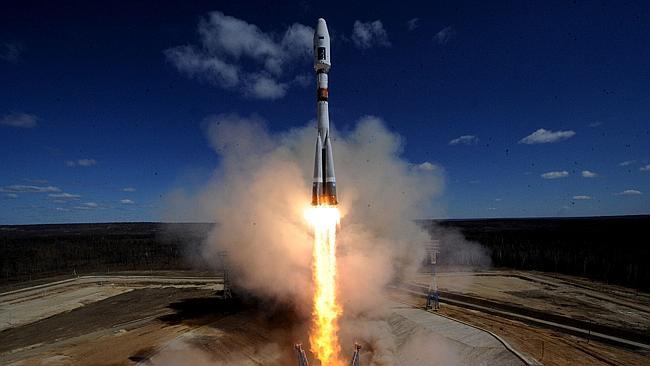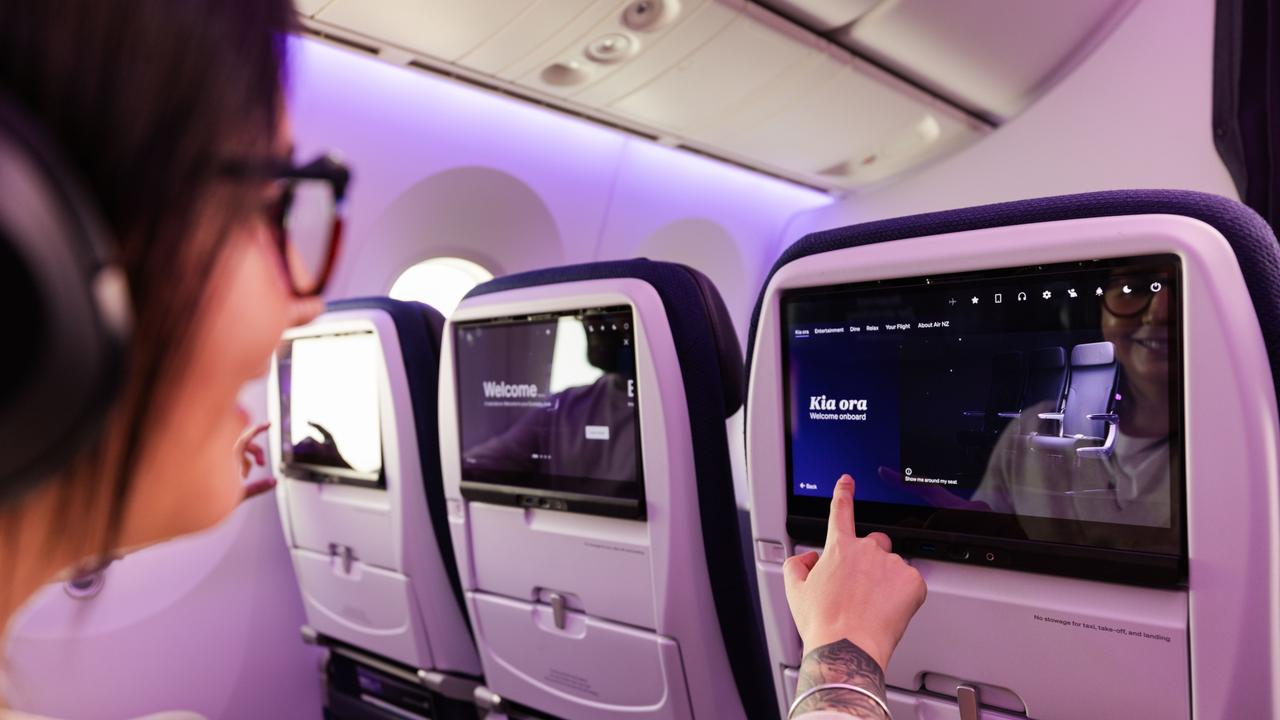Lost in space: policy and legislation a minefield
Space truly is a minefield, and not just in respect of its abundant resources.

Space truly is a minefield, and not just in respect of its abundant resources.
The old term “space race” has lost its meaning. Races assume there will be a winner, but the law says we all own space so we should share its spoils evenly, rather than confine them to those with the know-how to put them within reach.
So considering this, should “finders’ keepers” principles govern that, and should states pay for the mishaps of private aerospace operations?
Barack Obama signed the Commercial Space Launch Competitiveness Act last year facilitating a fledgling private industry: space mining.
This week Luxembourg announced that it too was close to completing legislation to control commercial mining on objects such as asteroids. There are close to 1500 near enough to eventually make harvesting platinum and water feasible.
The availability of frozen water in asteroids can also facilitate refuelling points for vehicles bound for more distant locations, saving considerable expense.
The Australian government has an agenda for review of the Space Activities Act 1998, the legislation that regulates civilian space activity in line with our international obligations and seeks to foster the commercial space launch industry. Whoever forms government post the election must commit to completing this work, because things have moved on substantially since the 1990s. The industry in Australia has capabilities and opportunities never dreamt of 18 years ago.
A recently released report highlights that the Australian space industry employs up to 11,500 staff, generating revenue in the range of $3 billion to $4bn, and that space capabilities are an enabler for all industries in the Australian economy.
The laws dealing with space activity date back to the 1960s and were developed in the Cold War era, with a view to states being the proponents of exploration rather than industry.
The concept of space as within the “common heritage of mankind” was adapted from international law, stating that the elements of the cosmos are free of monopolisation by any one state and should be treated as for the benefit of all humankind.
This becomes a contentious issue in the context of the US and impending Luxembourg legislation, which ostensibly conflicts with the principle. Even the Space Activities Act 1998 presents some unreasonable bars to commercial use of space.
Why launch a $60,000 satellite with easily available technology when a licence to launch it costs $500,000?
On the other side of such activity and also future activities, such as space tourism, we must also face the vexed question of who is responsible if something goes wrong? Should the example of international aviation law guide future practice? That is, the near century-old aim of uniformity of airworthiness, liability, air safety and security standards.
Consider this: what laws should apply to the crash of an Australian aerospace vehicle carrying passengers 100km above Indonesia, which damages space objects owned by the US and a non-Australian aircraft?
Should negligence principles or aviation’s strict liability premises also apply?
Right now taxpayers are responsible for losses. International law makes the state of launch bear unlimited legal responsibility for damage caused to others, and the Australian Act requires insurance for the first $750 million of such losses.
The risks, while present, can be mitigated now better than any other point in history, so the risk to taxpayers is small.
The other side of the argument is that operators should be fully insured privately in the manner of airlines and other product manufacturers and fault should be proved to engage liability.
One thing is certain: these technologies in transport and industry are no longer within the realm of science fiction. Responsibility for losses must be made certain to protect others if the industry is to flourish.
Joseph Wheeler is the Principal of International Aerospace Law & Policy Group (IALPG) and aviation counsel to Maurice Blackburn Lawyers and the AFAP.



To join the conversation, please log in. Don't have an account? Register
Join the conversation, you are commenting as Logout